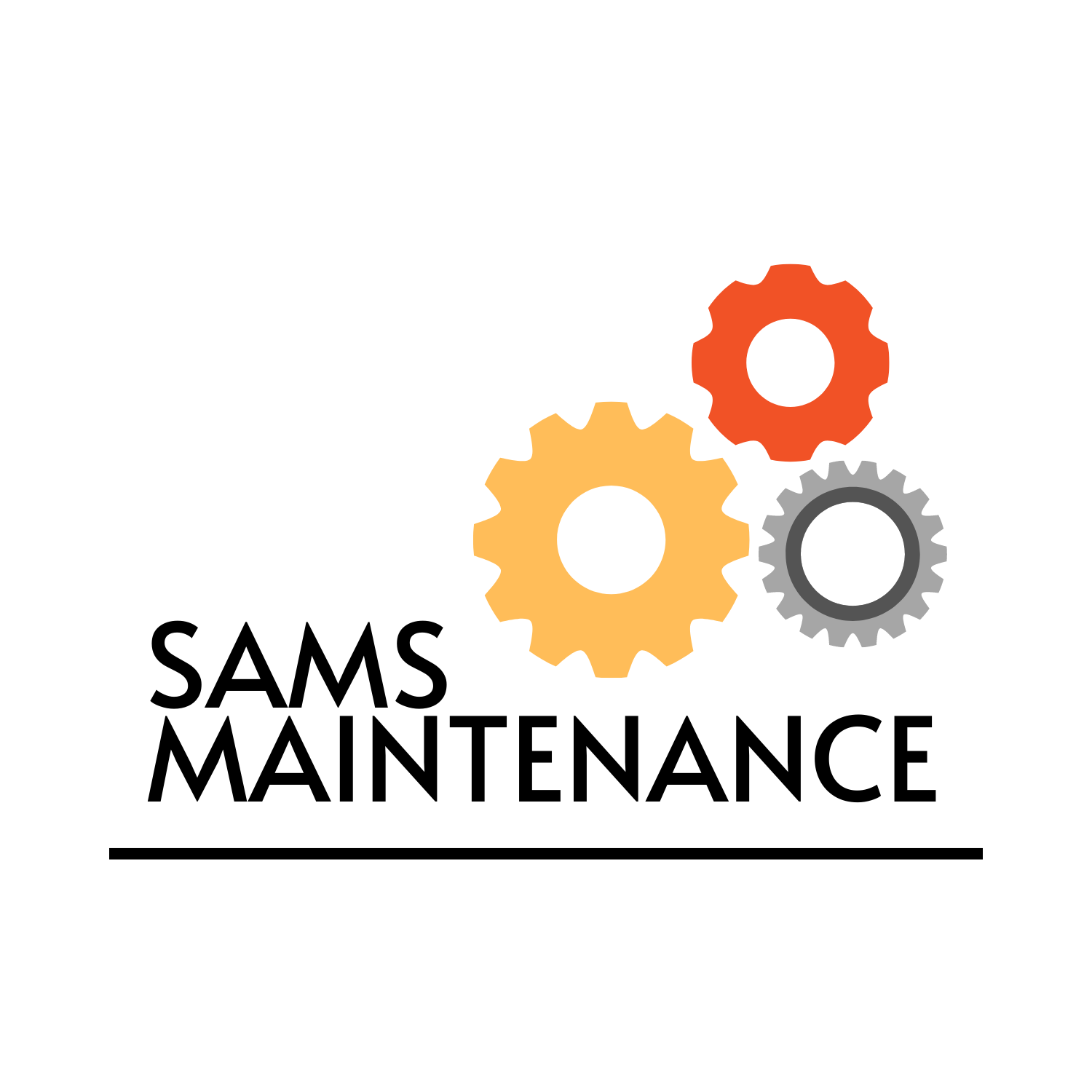Understanding the complexities of home care solutions can be overwhelming, especially when navigating costs, Medicare coverage, and essential support services. Whether you’re caring for a loved one or seeking assistance yourself, knowing the right questions to ask and the available resources is crucial. This guide explores everything you need to know about home care solutions, from understanding the costs involved to leveraging Medicare benefits and identifying the most common support services. By addressing key questions and providing a clear roadmap, this article aims to simplify the process and empower you to make informed decisions about your home care needs. From budget considerations to the differences between home care and caregiving, we delve into the essential aspects of home care solutions to help you find the right fit for your situation. Read on to discover how to navigate the world of home care solutions with confidence and clarity.

Cost of Hiring a Caregiver for Home Assistance
The cost of hiring a caregiver varies widely based on several factors, including the level of care required, the number of hours per day, and the geographic location. Here’s a breakdown of the typical pricing:
- Hourly Rates: – Ranges from $20 to $50 per hour. This covers companionship, assistance with daily tasks, and personal care.
- Full-Time Caregivers: – Around $800 to $2,000 per month. This is for live-in or full-time live-out arrangements, providing 24-hour care.
- Part-Time Caregivers: – Between $500 to $1,200 per month. Suitable for a few hours a day or a couple of days a week.
Factors Influencing Cost:
- Experience and Qualifications: More experienced caregivers may charge higher rates due to their expertise and reliability.
- Agency vs. Independent Contractor: Agencies often charge premium rates to cover background checks, training, and administrative fees.
- Scope of Services: Additional tasks like meal preparation or laundry may incur extra fees.
- Geographic Location: Urban areas tend to have higher rates compared to rural regions.
- Duration of Service: Short-term visits may be cheaper than long-term, full-time arrangements.
To get an accurate quote tailored to your needs, we recommend reaching out to local caregiving agencies or independent caregivers to discuss their rates and services in detail.
Does Medicare Pay for Home Caregivers?
Medicare provides coverage for certain home healthcare services, including caregiver support, under specific conditions.
Medicare Coverage Details:
- Medicare Part B typically covers home healthcare services provided by licensed professionals, such as nurses and therapists, as part of a prescribed plan of care.
- Caregivers may be eligible for reimbursement under Medicare Part B if their services are deemed medically necessary and ordered by a healthcare provider.
- Home healthcare services often require a doctor’s order and may be limited to specific hours per day, depending on the patient’s needs and insurance coverage.
What Medicare Does Not Cover:
- 24-hour-a-day care, which exceeds the typical Medicare-approved hours for home healthcare services.
- Personal care services, such as assistance with daily living tasks that don’t involve medical oversight.
- Meal preparation or household chores unless they’re part of a comprehensive home health plan prescribed by a physician.
How to Apply for Medicare Home Healthcare Services:
- Contact your local Medicare provider or visit the official Medicaid website for details on eligibility and enrollment.
- Work with your healthcare provider to determine the appropriate level of care required and whether a caregiver is necessary.
- Submit claims for reimbursement if your services meet Medicare criteria, as most home healthcare services are billed through Medicare Part B.
Additional Resources:
- Visit the Centers for Medicare & Medicaid Services website for detailed guidelines on home healthcare coverage.
- Consult a healthcare insurance advisor or Medicare representative for personalized assistance in understanding your coverage options.
- Explore resources from organizations like the Healthcare.gov for comprehensive information on home healthcare services.

Understanding the Difference Between Home Care and Caregivers
When it comes to home care and caregiving, it’s essential to distinguish between the two to make informed decisions about your needs. Here’s a breakdown of the key differences:
Home Care
Home care refers to a broad range of services provided in a residential setting. These services are typically designed to assist individuals with various needs, such as those recovering from illness, dealing with disabilities, or requiring help with daily activities. Home care services can include:
- Personal care assistance
- Medical supervision or administration
- Physical therapy or mobility aid
- Household maintenance and cleaning
- Meal preparation and nutrition support
- Emotional and psychological support
Home care services are usually provided by trained professionals, such as registered nurses, licensed practical nurses, physical therapists, or home health aides. These services are often coordinated by healthcare agencies or professionals and may involve regular visits or ongoing support.
Caregiver
A caregiver is an individual who provides care, support, and assistance to others in need. The term “caregiver” can apply to both professional and unpaid caregivers, such as family members, friends, or neighbors. Caregivers may perform a variety of tasks, including:
- Helping with daily activities like bathing, dressing, and meal preparation
- Providing companionship and emotional support
- Assisting with household chores
- Monitoring health conditions and reporting changes
- Administering medications (if properly trained)
Caregivers can have varying levels of training and experience. Some may hold certifications or licenses, particularly if they are providing medical or nursing care, while others may lack formal training but still provide valuable support.
Key Differences
While both home care and caregiving involve providing support in a home environment, they differ in several ways:
- Scope of Services: Home care typically encompasses a wider range of professional services, including medical oversight and specialized therapies. Caregiving may be more focused on personal, emotional, or daily life support.
- Professional Training: Home care providers are often required to have formal training and certifications, especially if they are involved in medical tasks. Caregivers may have varying levels of training, depending on their role and responsibilities.
- Regulation: Home care services are often regulated by state laws and may require licensing or certification. Caregivers, especially in informal settings, may not need formal regulation unless they are performing medical duties.
- Cost: Home care services are usually paid and may be covered by insurance or Medicare. Caregiving, particularly from family members, is often unpaid or may be compensated through other means.
When to Choose Home Care vs. Caregiving
If you need specialized medical attention or professional support, home care services may be the better option. However, if you require more personal, day-to-day assistance or emotional support, a caregiver may be the ideal choice. It’s also possible to combine both approaches, such as hiring a professional caregiver for medical tasks and relying on family members for emotional support.
Ultimately, the choice depends on your specific needs, the level of care required, and the availability of resources. Both options aim to enhance your quality of life and provide the necessary support to thrive in your home environment.

Most Common Home Care Services
Home care services provide support and assistance to individuals in their own homes, allowing them to maintain independence and quality of life. Among the various types of home care services, several stand out as the most commonly requested.
- Companionship Service: Provides companionship and social interaction to prevent loneliness and depression. Helpers may accompany clients to appointments, events, or simply spend time chatting.
- Personal Care Assistance: Helps with daily personal tasks such as bathing, dressing, and mobility support for those who may have difficulty performing these activities independently.
- Medication Management: Assists with managing prescriptions, reminding clients to take medications on time, and providing guidance on proper dosage and usage.
- Meal Preparation: Includes cooking, shopping for groceries, and preparing nutritious meals to ensure clients receive proper nutrition.
- Light Housekeeping: Covers cleaning, laundry, and organization to maintain a safe and comfortable living environment.
These services are often sought after by elderly individuals, those with disabilities, recovering from illnesses, or anyone needing help maintaining their home and daily routines. For more information on choosing the right home care service or understanding the costs involved, visit our guide .
Does Medicare Pay for a Home Assistant?
Medicare generally does not directly pay for home assistants, as its primary focus is on medical services, prescription drugs, and preventive care. However, there are several scenarios where coverage might be available:
- Medicare Advantage Plans: These plans can offer additional benefits beyond standard Medicare, potentially covering home health services or personal care under certain circumstances.
- Medicaid: As a state-run program for low-income individuals, Medicaid often covers home care services. If you qualify for both Medicare and Medicaid, you may receive coverage for home assistant services through Medicaid.
- Long-Term Care Insurance: Some policies may include coverage for home healthcare services, which might encompass assistance from a home aide. Check your policy details for specifics.
- Private Insurance: Employer-sponsored or individual plans may offer coverage for home health aides, though this is outside of Medicare.
To determine if you have access to such coverage, contact your healthcare provider or explore resources from the Centers for Medicare & Medicaid Services (CMS) website.

Most Requested Support Services for the Elderly
The most requested support services for the elderly vary based on their specific needs and preferences, but several common services consistently rank high in demand:
- Home Healthcare Services: Assistance with daily activities such as bathing, dressing, and medication reminders.
- Personal Care Services: Help with grooming, mobility, and incontinence care.
- Transportation Services: Shuttle buses, private drivers, or escorted trips for medical appointments and social outings.
- Home Modifications: Safety upgrades like stairlifts, grab bars, and ramps to enhance accessibility.
- Meal Delivery Services: Nutritious meal plans tailored to individual dietary needs and delivered directly to their door.
- Social Support Programs: Voluntary visitor programs or companionship from trained professionals to reduce isolation.
- Respite Care Services: Short-term relief for family caregivers to ensure the senior receives consistent care.
These services collectively aim to enhance the quality of life for elderly individuals while providing necessary support and reassurance to both the seniors and their families.




0 Comments